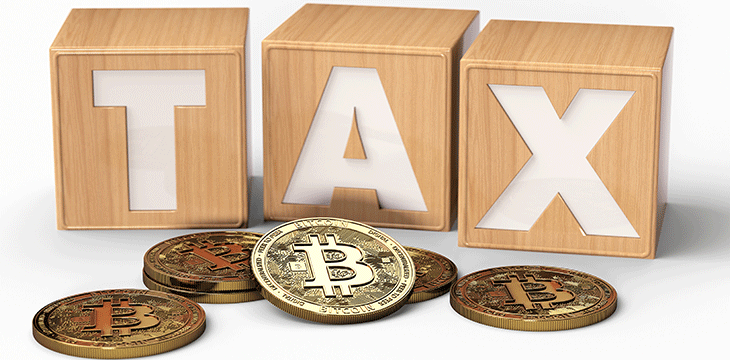|
Getting your Trinity Audio player ready...
|
Majority of South Koreans are in support of the upcoming digital currency taxation law, according to the new survey conducted by the Korea Social Opinion Research Institute (KSOI). The survey found support for the regulation from 55% of respondents, with only a third claiming to be opposed to them.
South Korea has long sought to put in place a digital currency taxation framework that would bring the government some extra revenue from the nascent industry. The law, which levies a 20% tax on digital currency gains above $2,300, is set to take effect in January 2022, although there are ongoing efforts to postpone it to 2023.
While members of the National Assembly make an attempt to postpone it, most Koreans are in support of the measures. The survey found by the KSOI polled 1,004 adults.
55.3% of the respondents answered “we should pay a tax on digital currencies,” Hankook Ilbo reports. Those opposed to the tax law were 33%, with 11.5% claiming ‘I don’t know.’
Most of those who opposed the tax were the younger respondents.
Whether they support the new law or not, Koreans may have to wait another year before they feel its effect if the Democratic Party has its way in parliament. The party, together with its allies, holds 180 seats in the 300-member National Assembly. As such, it’s likely to have its way in any motion it tables.
As CoinGeek reported, the party has requested the Finance Ministry to postpone the enforcement of the tax laws until 2023. It argues that this will give the market participants enough time to prepare for the changes.
Kim Byung-ook, a member of the party, recently suggested to the Finance Minister that the new digital currency tax laws be pushed to 2023 to be enforced at the same time as the upcoming stock market capital gains tax, describing this as “the reasonable thing” to do.
However, Finance Minister Hong Nam-ki is adamant that the tax laws will take effect as scheduled on January 1, 2022. “The foundation has now been laid, and based on that, we will be taxed starting next year,” he told parliament.
Watch: CoinGeek Zurich presentation, How Bitcoin Will Change The Future of Data and Empower Everyone

 02-28-2026
02-28-2026 




